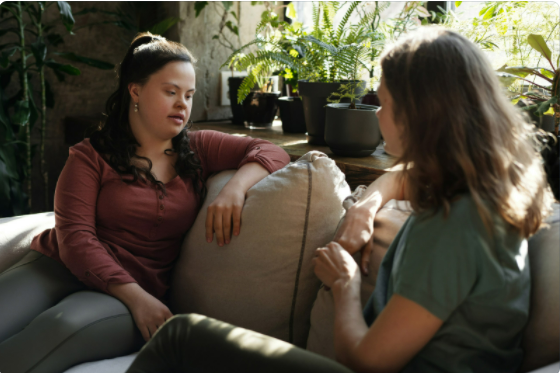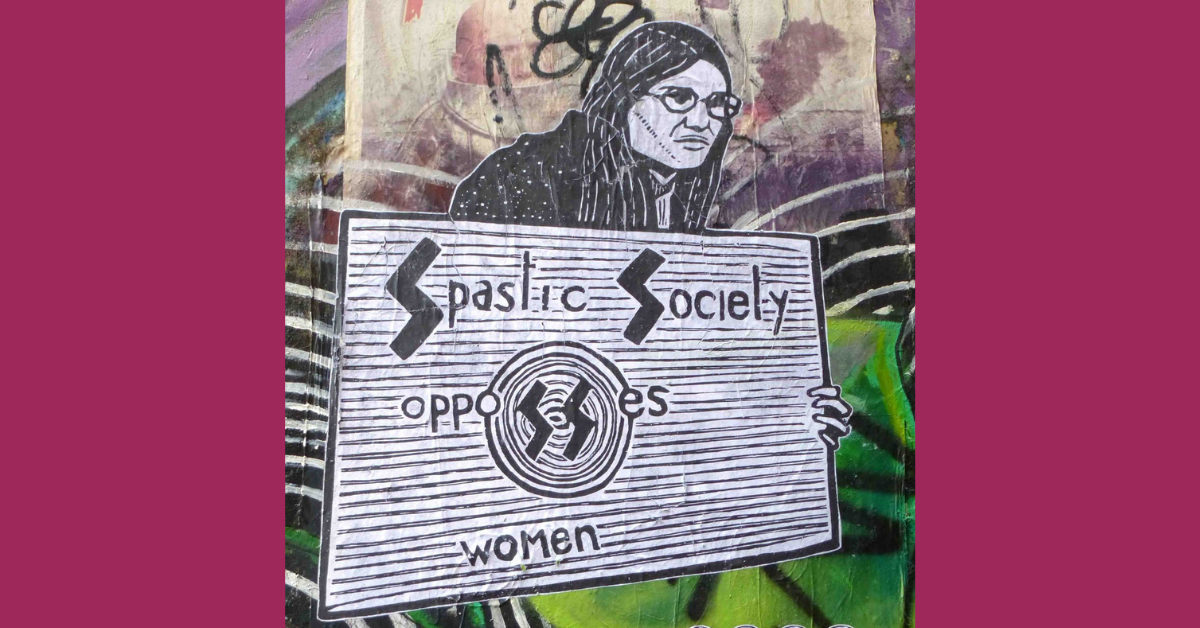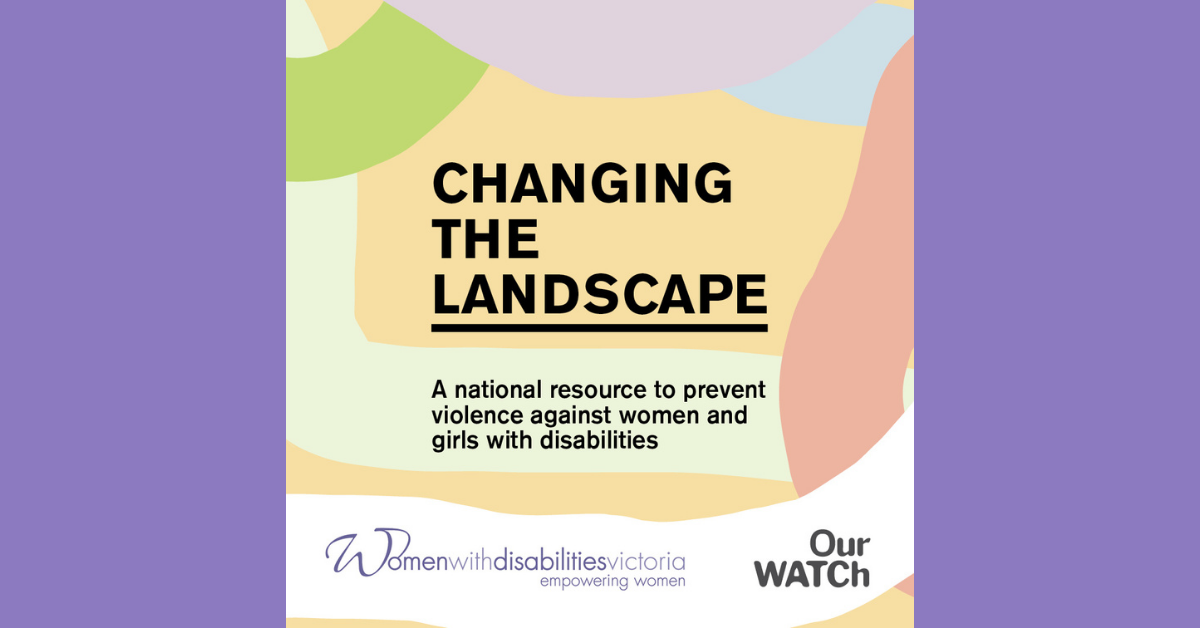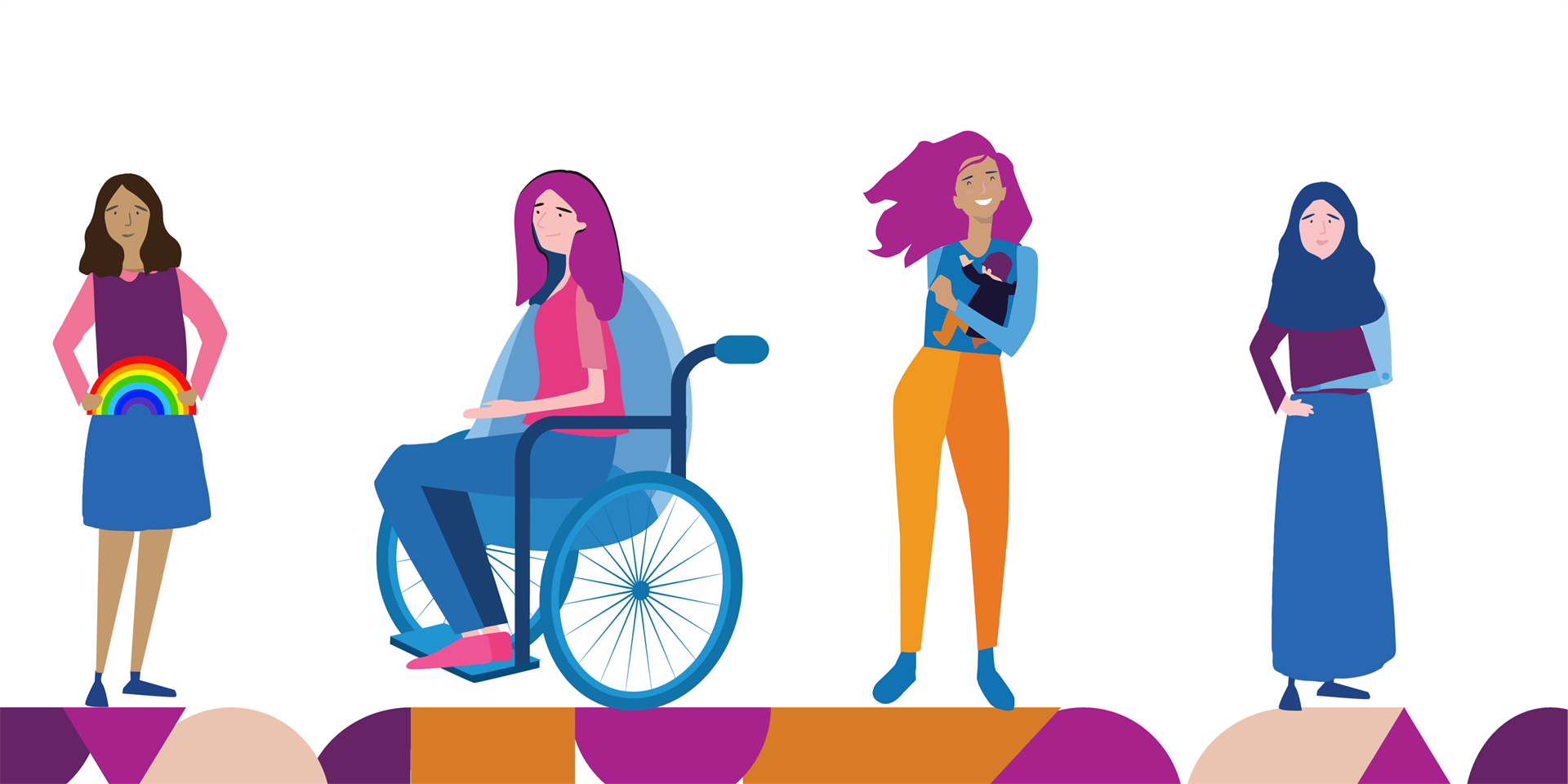WDV has just released a four-part podcast series Making Our Voices Heard – a series focusing on COVID-19, mental health and its impact
Throughout this series, you will hear directly from women and non-binary people in Australia about the ongoing physical and mental health impacts of the Covid 19 pandemic.
During the COVID-19 pandemic the voices of women, transgender people, gender diverse people and/or non-binary people with disabilities have been marginalised. This podcast centres those voices and highlights the systemic barriers that people with disabilities have faced during the pandemic.
You can listen wherever you get your podcasts, including:
You can also find out about the podcast and listen to episodes on our website.






